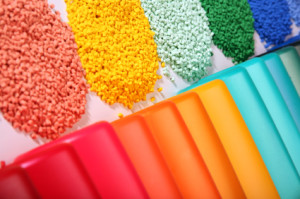Procter & Gamble Co. recently announced they would be adding a bittering agent to the outside layer of their single-use laundry packets. The move comes after reports of children who were attracted to the bright candy-like colors accidentally ingesting the packets, leading to poisoning. While the product has gained in popularity over the years for its easy of use, there were calls for changes to the product in response the unintended danger. Europe recently put new rules into place concerning the products, and Congress in the US is looking to do the same.
Bittering agents, such as denatonium benzoate, can be added to consumer products containing harmful substances in order to protect against accidental ingestion by small children or animals. The extremely bitter taste “elicits oral repulsive behavior” which prevents the substance from being eaten, and have been used for many years as a safety prevention method for poisonous or harmful products.

